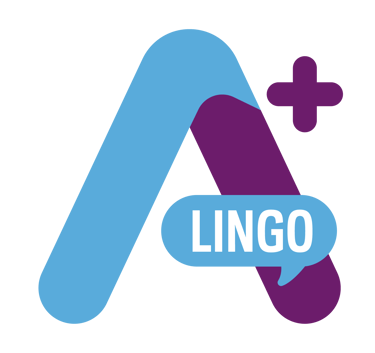
Why Learn German and work in Germany?
Good jobs and salaries, a clean environment, low crime rates, lots of leisure-time and cultural attractions, good public transport – that’s what makes Germany so attractive for foreigners. People migrate to Germany because of many reasons, but probably the most important ones are strong economic and welfare system.


Connect with us
About Us
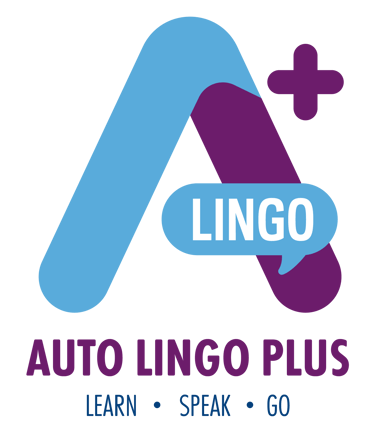

Our Mission
To offer an effective, affordable learning platform, create jobs for more language instructors, and make language learning available to people of all financial backgrounds. We aim to establish ourselves as a premier platform for multilingual education.
Our Vision
To make language certification achievable for everyone, empowering them to move and adapt seamlessly to other countries. We aspire to build a distinguished online language school, bringing together a dedicated and experienced team to ensure every learner meets their linguistic goals.
Boost Your Job Opportunities
Get better job chances in Germany and other German-speaking countries. German can be your key to various job offers abroad.


Travel with Confidence
Speak German and travel without getting lost in translation. Journey through German-speaking places with ease.
Smoothly Transition Abroad
If you're looking to migrate or study in Germany or other German-speaking areas, mastering the language helps you adjust easily. Understand class lectures, navigate local markets, and participate in community events with confidence.
Join us at AutoLingo+ and learn the German language.
With our help, you can:




FEATURED EVENT
Frühlingsfest - MUNICH
Munich Frühlingsfest, or Springfest, is a two-weekend celebration full of fun rides, food, and of course, overflowing amount of beer! Aside from being the smaller sibling of Oktoberfest, Frühlingsfest is also much, much younger. It seems just like yesterday that Frühlingsfest began (only a little over 50 years ago) whereas Oktoberfest started way back in 1810.
Frühlingsfest began as a filler for people who couldn’t wait for Oktoberfest, while its older sibling was first held as a royal wedding reception.


Thinking about moving to Germany?
Transportation
Germany may be the land of the BMW, Mercedes-Benz, Volkswagen and the Autobahn, but when it comes to getting around, you may find that driving isn’t your best option. Indeed, this is one of the major differences between life in Germany and the US. In Germany, public transportation is more affordable, convenient and reliable than that of many other countries (even in Europe). It’s no wonder that across Germany, people opt to travel by public transport.
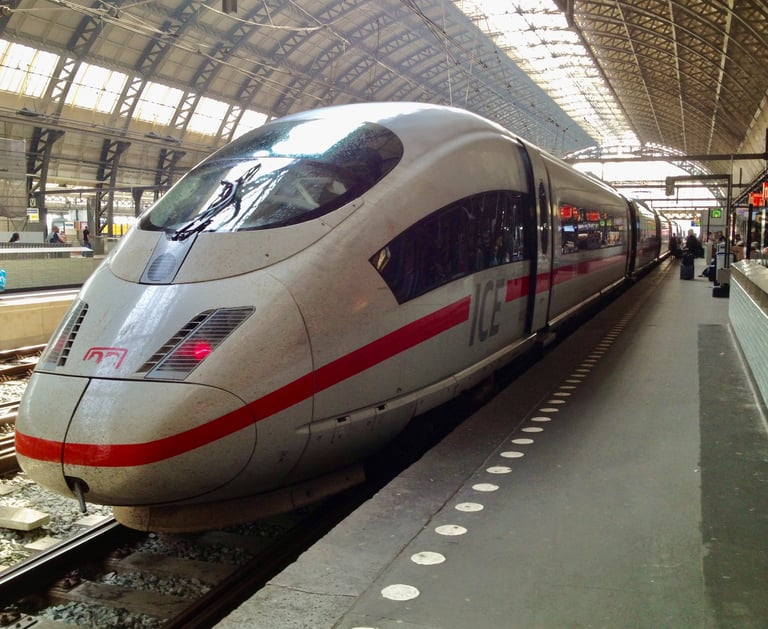





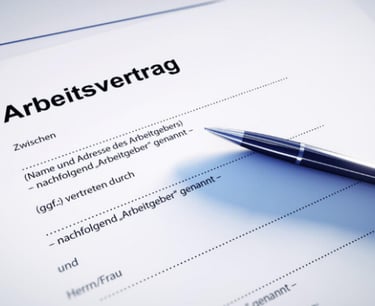





Health Care System
Germany's health insurance system is often held up as a model for the rest of the world, with its universal coverage and comprehensive benefits.
The German healthcare system is built on the idea of solidarity, ensuring equal access to medical services and insurance for everyone. Citizens and employers pay into the system, therefore receiving free or heavily subsidized medical services. The system accounts for even those who have unemployment benefits.
German healthcare has a reputation across the globe for being one of the best in Europe. The standard of care in the hospitals is exceptionally high and attracts many medical tourists from its neighboring countries and much further.


Germany, officially the Federal Republic of Germany, is a country in the western region of Central Europe. It is the second-most populous country in Europe after Russia, and the most populous member state of the European Union. Germany lies between the Baltic and North Sea to the north and the Alps to the south.
Official Name: Federal Republic of Germany
Form of Government: Federal Republic
Capital: Berlin
Population: 80,457,737
Official Language: German
Money: Euro
Location




Work and Culture
Germany boasts the largest economy in Europe and is included among the five largest economies worldwide.
Work-life balance is a key aspect of German work culture. Germans believe in maintaining a healthy equilibrium between work and personal life. They value leisure time, family, and personal interests and encourage employees to prioritize their well-being.
Germans see themselves as modern, liberal and cultured, and working practices are formal and professional.

Education
The German education system stands out for its unique combination of academic rigor, hands-on learning, and commitment to individual development. Let’s explore how this system is regulated, its key stages, and other helpful details for anyone considering studying in Germany.
The German school system is unique in Europe because it sorts students into different educational paths early on.
Compulsory education requires all children aged six to 15 to attend school full-time at the primary and secondary levels.
Germany places a great emphasis on vocational education and training (VET). Over 15% of 25-34-year-olds in the country hold a vocational post-secondary education as their highest qualification, far surpassing the 6% average of OECD states.
Germany is known for offering free or affordable higher education to students from Germany and abroad.
The German education system comprises five main stages: early childhood, primary, secondary, tertiary, and continuing education.


Do you want to teach a Language?
Join us at Auto Lingo and let us help you unlock your potential!
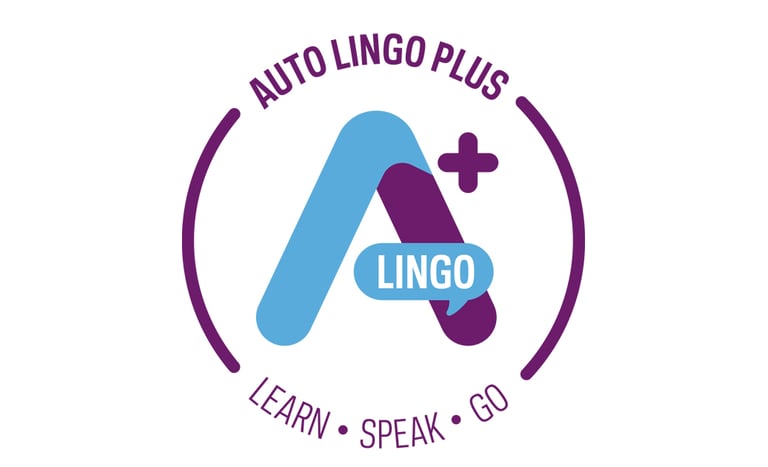

Contact Us

